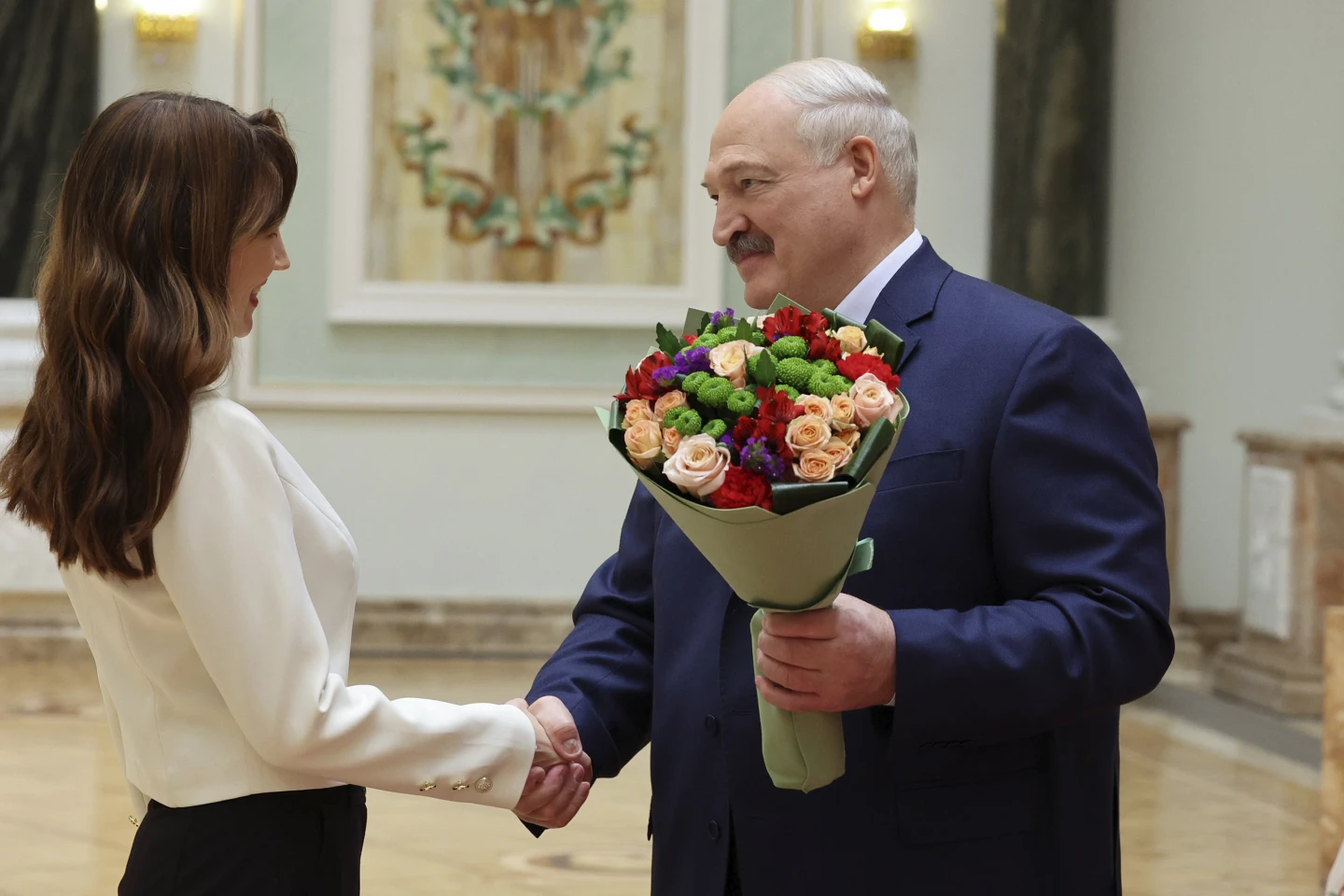Belarus President Lukashenko's 30-Year Rule Poised to Strengthen, Likely Victory in Upcoming Election
In the 2020 presidential election, Belarusian President Alexander Lukashenko was declared the winner with 80% of the vote, triggering allegations of fraud, months of protests, and a violent crackdown that led to the arrest of thousands.
Belarus President Lukashenko's 30-Year Rule Poised to Strengthen, Likely Victory in Upcoming Election
Belarus President Lukashenko's 30-Year Rule Poised to Strengthen, Likely Victory in Upcoming Election
Belarus: In the 2020 presidential election, Belarusian President Alexander Lukashenko was declared the winner with 80% of the vote, triggering allegations of fraud, months of protests, and a violent crackdown that led to the arrest of thousands.
To maintain his rule, Lukashenko has moved the 2025 election forward, from the usual August to the cold month of January, aiming to reduce the risk of protests, as fewer demonstrators are likely to take to the streets during the winter.
With many opposition leaders either imprisoned or exiled abroad, the 70-year-old Lukashenko is once again on the ballot, and once the election concludes on Sunday, he is all but certain to secure a seventh term—solidifying his position as the longest-serving leader in post-Soviet Belarus.
Lukashenko's Rule and Relationship with Russia
Belarus was part of the Soviet Union until its collapse in 1991. The country, with a population of 9 million, shares borders with Russia, Ukraine, Latvia, Lithuania, and Poland, three of which are NATO members. Belarus was also occupied by Nazi Germany during World War II.
Lukashenko, a former state farm director, first came to power in 1994, capitalizing on public discontent with the catastrophic economic downturn following chaotic free-market reforms. He promised to fight corruption.
Throughout his rule, Lukashenko has relied on financial support and political backing from Russia. In 2022, he allowed Russian forces to use Belarusian territory for their invasion of Ukraine, and later agreed to host some of Russia's tactical nuclear weapons.
"Europe's Last Dictator"
Lukashenko earned the title of "Europe's last dictator" due to his harsh repression of opposition voices and his ability to manipulate elections, which the West has consistently labeled neither free nor fair. A staunch admirer of the Soviet Union, he has revived Soviet-style economic controls, discouraged the use of the Belarusian language in favor of Russian, and pushed for the adoption of a Soviet-style flag.
2020 Election Protests and Crackdown
The 2020 election, in which Lukashenko sought a sixth term, sparked widespread protests that were violently suppressed. Authorities arrested over 65,000 people, and many opposition leaders were either jailed or forced to flee the country. Numerous independent media outlets and NGOs were shut down, leading to sanctions from Western countries.
Lukashenko's Election Strategy
This time, Lukashenko has opted for a winter election to minimize the chances of mass protests. He has also pardoned 250 individuals described as political prisoners by human rights groups, although around 1,300 political prisoners remain in detention.
Opposition leader-in-exile Sviatlana Tsikhanouskaya, who challenged Lukashenko in 2020 and was forced to flee, has called for Belarusians to boycott the election, describing it as a farce.
Belarus Under Russia's Nuclear Umbrella
In December 2024, Lukashenko and Russian President Vladimir Putin signed a treaty, providing Belarus with security guarantees, including the possible deployment of Russian nuclear weapons. The pact followed Russia's revision of its nuclear doctrine, placing Belarus under Russia's nuclear umbrella amidst tensions with the West over the Ukraine war.
Lukashenko has confirmed that Belarus is hosting Russian tactical nuclear weapons, which extend Russia's ability to target Ukraine and NATO countries. He has also stated that Belarus will prepare to host Russia's Oreshnik hypersonic missile, which was used in Ukraine in November. Putin announced that these missiles could be deployed to Belarus in the second half of 2025, with Minsk choosing the targets while Moscow maintains control.










